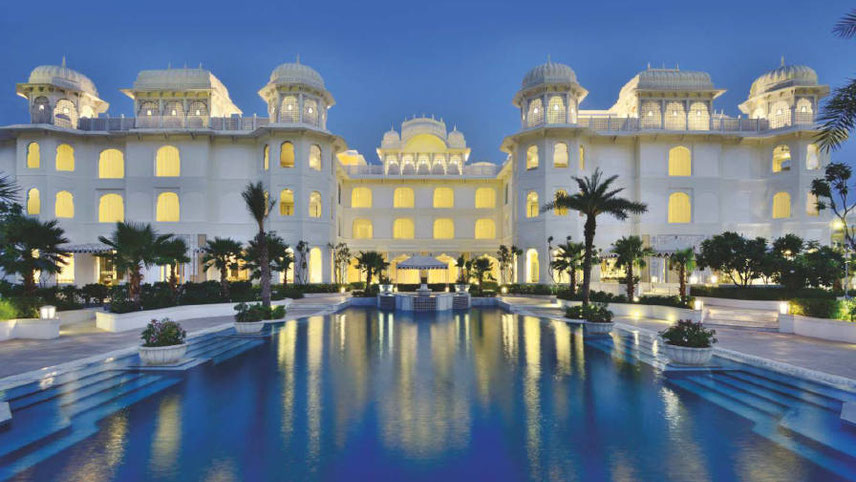Depending on the destination and type of hotel, 2021 has been a great year or a disastrous one. Leisure destinations have seen soaring demand from late summer, with many hotels and resorts seeing record occupancy rates and high average room rates (ARRs). On the other hand, business hotels, especially in the larger cities, tried desperately to drum up revenues – from offering home deliveries of food from their high-profile restaurants to offering office spaces. Attrition remains high for the sector. Estimates and predictions differ over the extent of losses. The domestic hospitality industry is likely to witness a decline of over 65 per cent in 2021, according to ResearchAndMarkets.com. The Federation of Hotel & Restaurant Associations of India (FHRAI), estimates that the Indian hotel industry has taken a hit of Rs1.30 lakh crore in revenue due to the impact of the Covid-19 pandemic in 2021. It estimates that 25 to 30 per cent of establishments including about 60,000 hotels and 500,000 restaurants have already shut shop and another 15 per cent could follow suit if there is no impetus from the government to revive the sector. Pradeep Shetty, senior vice-president, HRAWI pointed out that while domestic tourism has been the bright spot for Indian hospitality in remote locations, it accounts for about 20 per cent of the overall hotels in the country. Like travel, hospitality too is surviving on the back of domestic demand. “Domestic tourism has helped the industry to weather the storm,” says JB Singh, President and CEO of InterGlobe Hotels (IGH), a joint venture between InterGlobe Enterprises and Accor Asia Pacific. He is optimistic about the outlook for the sector. “The industry has shown greater resilience after the second wave when the snap back was significantly faster. Occupancies have returned to the pre-pandemic levels and we are witnessing strong month-on-month growth over the last few months in ARRs. Overall, industry is expected to perform at 75-80 per cent of pre-Covid levels.”
-

Six Senses Fort Barwara was among the significant hotel openings this year



































